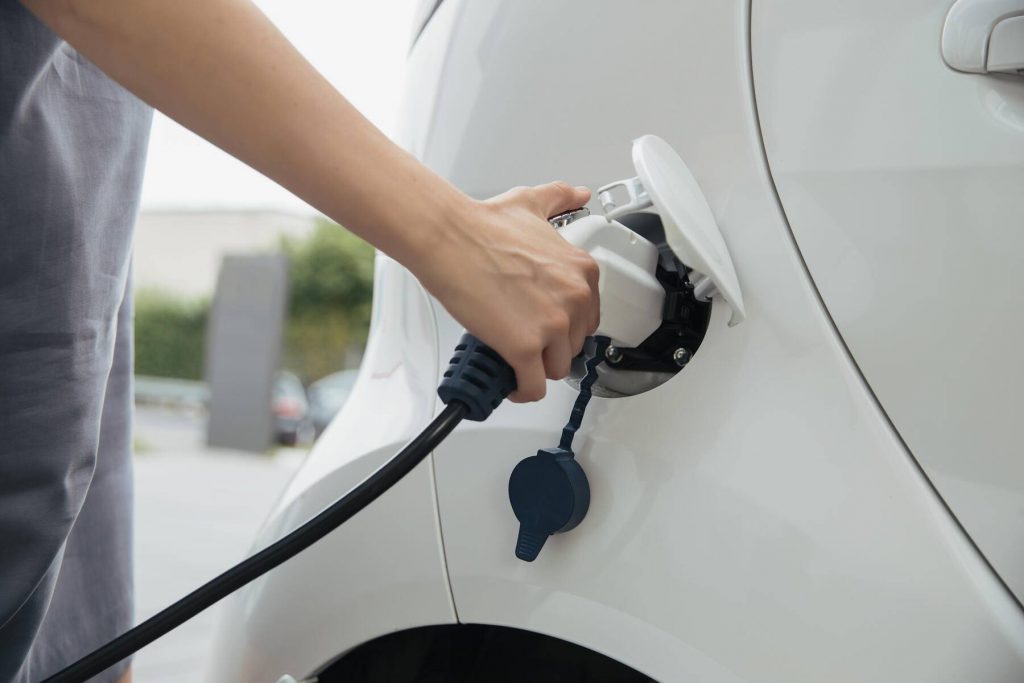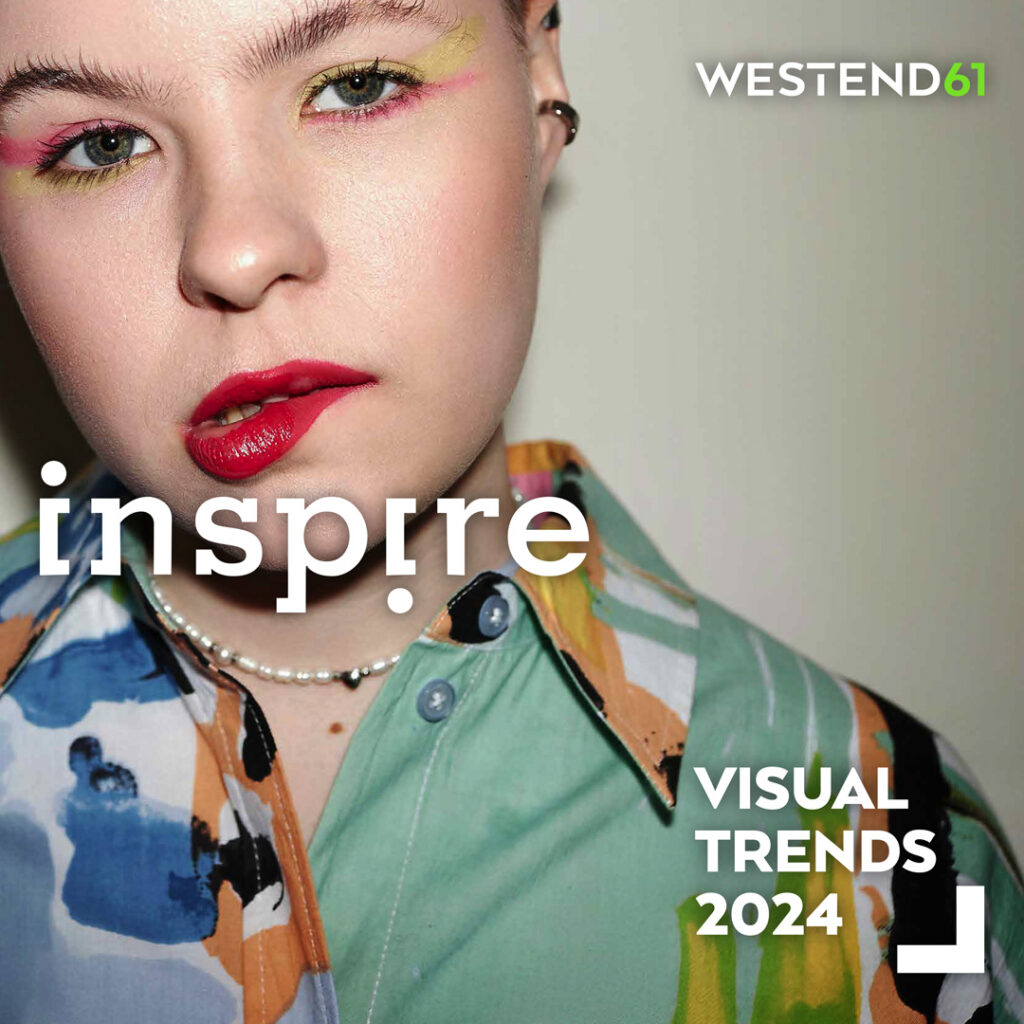Sustainably real: how green are the Germans
The car remains in the parking position, we critically overthink the next domestic flight, and we leave the plastic bags at the supermarket cashier. Germany does live sustainably or at least tries to. Waste prevention, waiving plastics, and buying regional and seasonal products are amongst the first steps at least one-third of Germans already take. Hundreds of thousand people followed the proclamation of the “Fridays for Future “-Movement and demonstrated for our planet on September 20th this year.
All the very latest since Greta Thunberg’s simple but much-discussed “Skolstreijk för Klimatet “(school strike for climate), the topic of climate change has made its way on the stage of the mainstream. Students are slowly but steadily influencing the older generations to get in line and have the wellbeing of the population of the world in mind. Even though it’s not entirely anchored in our mindsets at this time. Since we deal a lot with images thematizing a sustainable lifestyle, we rather often discuss the topic of climate change on our blog. It’s time for another look over the shoulder – a look at how sustainable the Germans are.
Green Germany
We want to lay out some facts about this issue: this year, the independent and private market research institute Forsa published st on the status quo of sustainability in German households*. Following, we put together some facts that we recall as the most important of the study.
In opposite to the trend to have everything delivered to our doors, 90 percent of all Germans do their shopping on their own. Essential sustainable factors when it comes to nutrition, are food waste and nutrition free from animal-suffering. 89 percent of all participants try not to waste or throw away food. Then the tendency sinks from old to young. Regarding meatless nutrition, the age groups mix up a little.
While 36 percent of all 18 to 29-year olds eat less meat, the age group above 60 lands at 31 percent. The age groups in between consume quite more meat. We can find a similar range for a low-meat or complete meat-free eating plan (13% for 18 to 29-year olds, 12% for over 60). It is safe to say that more than a quarter of all Germans are flexitarians or vegetarians. This should already have a good impact on the negative consequences of industrial farming: we find that quite positive.
To live aware often is about electricity
The German, in general, is a smart saver. We all channel our inner Scrooge McDuck at some point, and that mostly starts with the consumption rate of water and electricity. Consciously or unconsciously, this is where we all become climate activists. Especially in the older generation, there is a more strict regulation of household goods. Again the numbers sink as we head into the younger generations, which is probably caused by the usage of tech and social media. Scientists estimate the emissions through internet-related power consumption to be on the same level as the worldwide air traffic. Over half of the consumption is caused by streaming with a worldwide usage on the zettabyte level (1 zettabyte equals 1 billion terabytes). Are we netflixing our planet to distinction?
Our spending mood is eco
The acceptance of Germans to spend more money on sustainable products is a lot stronger in younger generations than older.
Two-fifths of Germans (38%) can see themselves to spend up to 25% more on eco-friendly cosmetics and related products. Around 44% would be ready to spend more on eco-friendly and sustainable clothing. Another 44% are willing to pay more for sustainable food. 19% of all participants would spend up to 50% more, especially the 18 to 29 year-olds (28%).
Siemens, Commerzbank, Osram, BMW, and then nothing for a while.
After focussing on German households, we want to shift our view on the economy, where we find many potentials to be raised in terms of sustainability: emission-free productions, regional products, effective energy management, and CO2 compensation through climate protection projects. The list goes on. As the Canadian media and consulting company Corporate Knights published their 15th annual report on the “Global Top 100 “this year, we had the chance to look at the world’s best companies in terms of sustainability.
Disenchantment passing through – only four of the listed 100 companies come from Germany: Siemens ranks as 28th and is followed by Commerzbank (67), Osram (77), and BMW (99). Of course, we have to point out this is about global enterprises with a revenue of at least one billion US dollars per year. But also these are the institutions of the economy that should lead others into preparing their business for a more sustainable future.
The most sustainable company is Chr. Hansen Holding, a biotech company from Denmark, followed by the French fashion and luxury company Gering SA and Beste Oyj from Finnland. You can find the complete list on the Corporate Knights homepage.
Greener is always possible
We want to end on a short note as we are happy about finding some of the companies mentioned above in our monthly usage highlights, but there is still much possible upside to gain. This counts for German households as well, as they are already tipped towards the path of sustainability but are not entirely there yet. An important fact is a mindfulness. Sustainability is not a case to be closed or a task to be completed. It is an ongoing process to enable the children of our children to find themselves in a healthy and functioning environment.
* Source sparwelt.de
















